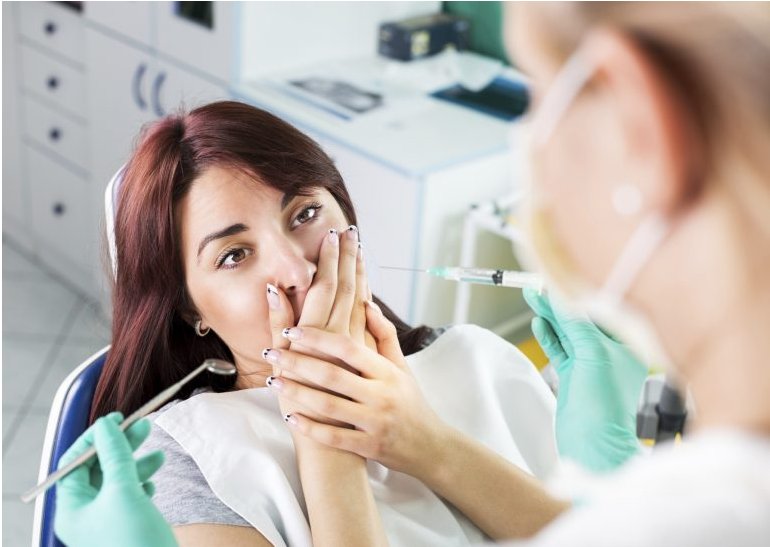Even if we brush, floss, and use mouthwash before bed, we will likely wake up with less-than-favorable breath. Having halitosis, or bad breath, is normal- it happens to all of us. There are so many ways we can develop bad breath, so it’s important to understand what contributes to it, and how we can go about mitigating our chances of having and retaining the bad breath.
Bad habits may seem like an obvious contributor, but many who practice these habits, have become accustomed to or disassociated from the connection between them. Habits such as smoking, chewing tobacco, and failing to maintain a proper oral hygiene routine will all contribute to bad breath.
The next one is food- onion, and garlic being the most notable two foods that play a part in our breath. Essentially, any food that one might find to smell bad (despite how delicious it may be), can contribute to bad breath. Then, there are bacteria. If you suffer from dry mouth or don’t drink enough water to generally keep your mouth moist and recycle food particles throughout the day, bacteria will begin to take over. Oral bacteria feed on the sugars left behind when we eat or drink sugary or acidic foods, producing foul-smelling acids in kind.
A lesser-known cause of bad breath is our tonsils. Our tonsils have deep holes called crypts that are commonly associated with bad breath. These crypts can harbor bacteria that is typically described as smelling like cheese which, you guessed it, gives you bad breath.
To schedule an appointment or learn more about the beautiful smiles Dr. Sukari McMiller has created visit us online today at www.dreamworksdentalcare.com.
Dr. Sukari McMiller proudly serves patients from Fayetteville and all surrounding areas.




